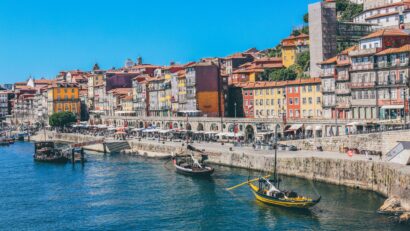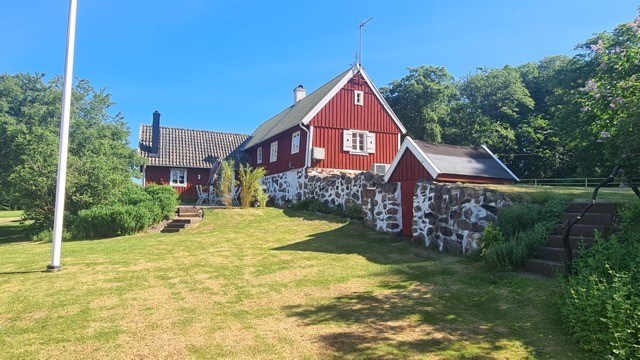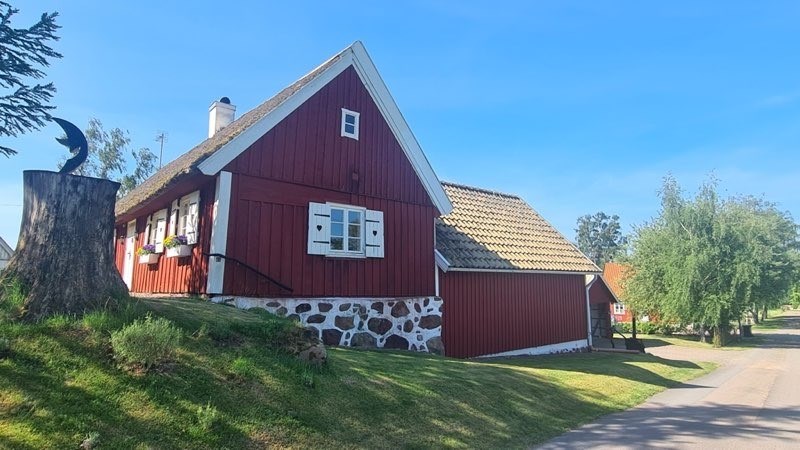
Saving Lives, Changing Minds: How Portugal is Winning the War on Drugs
Portugal has taken a bold step in its way out of the drug crisis, addressing drug use by choosing to focus on health and support instead of punishment—and the results are remarkable. Since decriminalizing drug possession in 2001, drug-related deaths have dropped sharply, HIV infections have declined, and more people are accessing support services. Portugal’s approach is inspiring a global conversation about rethinking the war on drugs, shifting focus to prioritize public health over criminalization.
A New Approach: Help Instead of Punishment
Portugal’s drug policy shifts the focus from punishment to rehabilitation. Being caught with small amounts of drugs for personal use no longer leads to arrest or imprisonment. Instead, individuals are referred to “Commissions for the Dissuasion of Drug Addiction.” These teams—composed of psychologists, social workers, and legal experts—assess the individual’s situation.
Their aim is to understand why the person uses drugs and what kind of support they need, whether that’s counseling, treatment, or social services. This innovative approach treats drug use as a health issue rather than a crime, breaking down barriers that often prevent people from seeking help.
Real Results: Fewer Deaths, Better Health
The impact of this shift has been profound. Drug-related deaths in Portugal are now among the lowest in Europe. Before decriminalization, the country faced a public health crisis, with hundreds of deaths and rising HIV rates among drug users.
Today, these numbers have dropped significantly. Portugal’s harm reduction programs, such as the distribution of clean needles and access to voluntary therapy, have played a key role in these improvements. These services reduce the risk of infections like HIV and hepatitis while encouraging people to seek help without fear of legal consequences.
Portugal’s way out of the drug crisis: Building Trust and Preventing Harm
Another critical component of Portugal’s strategy is the establishment of drug consumption rooms. These spaces allow individuals to use drugs under medical supervision, preventing overdoses and ensuring immediate medical assistance when needed. They also provide clean equipment to reduce the spread of infectious diseases and serve as entry points for people to connect with healthcare services. For many, these safe spaces are the first step toward recovery.
Problematic Drug Use and Social Factors
One of the most striking outcomes of Portugal’s policy is the decline in “problematic” drug use—defined as frequent and high-risk use. This has decreased significantly, particularly among young people. Experts attribute this to a combination of decriminalization, education, and accessible support services that are designed to tackle not just the symptoms of drug use but also the root causes.
Portugal’s strategy goes further by addressing the social and economic factors that contribute to addiction. Programs focus on reintegrating individuals into society, offering job training, housing assistance, and social support. By addressing these root causes of addiction, Portugal aims to break the cycle of addiction and improve overall well-being.
A Model for the World?
Portugal’s success is an example of how compassionate, health-focused policies can address drug issues more effectively than punishment. The combination of decriminalization, harm reduction services, and efforts to tackle underlying social issues provides a comprehensive model for sustainable change.
This approach has inspired discussions in countries worldwide. For instance, nations like Canada and Switzerland have implemented similar harm reduction measures, although on a smaller scale. Yet many countries remain hesitant, clinging to punitive measures despite mounting evidence that they are less effective.
This work is licensed under the Creative Common License. It can be republished for free, either translated or in the original language. In both cases, please cite Kontrast / Sophie Wenkel as the original source/author and set a link to this article on TheBetter.news. https://thebetter.news/portugal-drug-policy/
The rights to the content remain with the original publisher. Läs mer…




